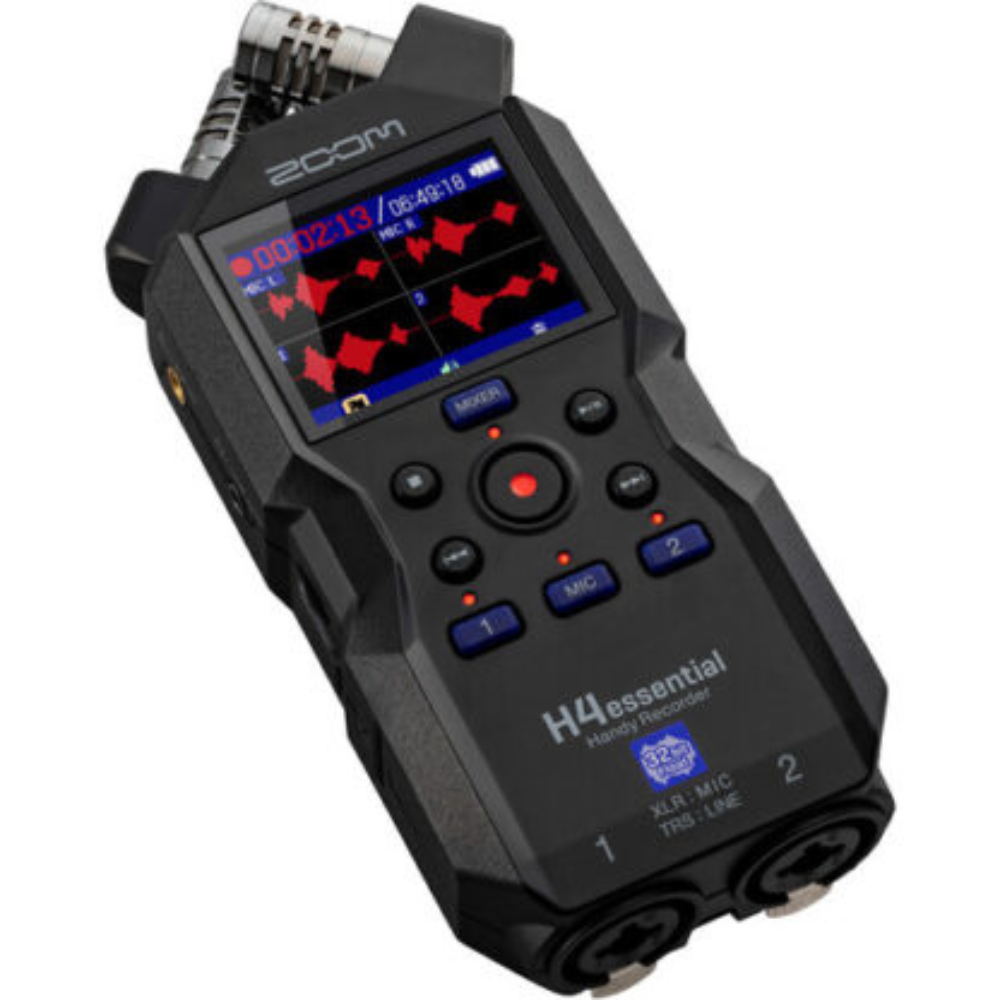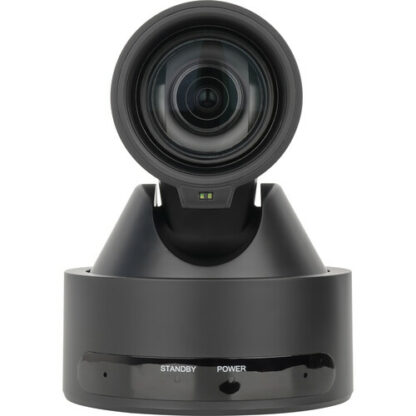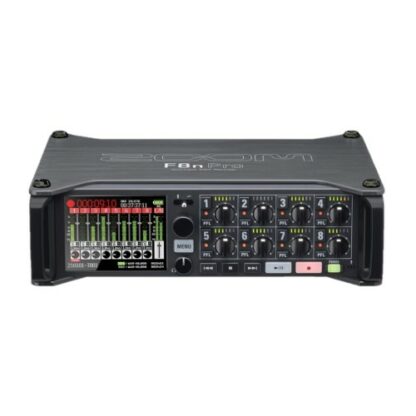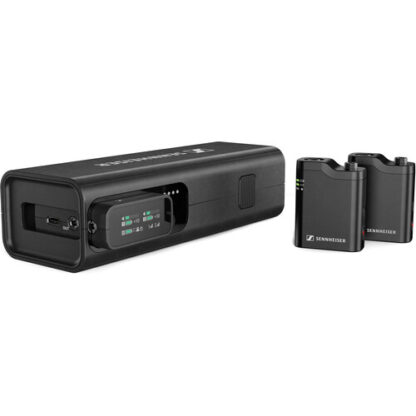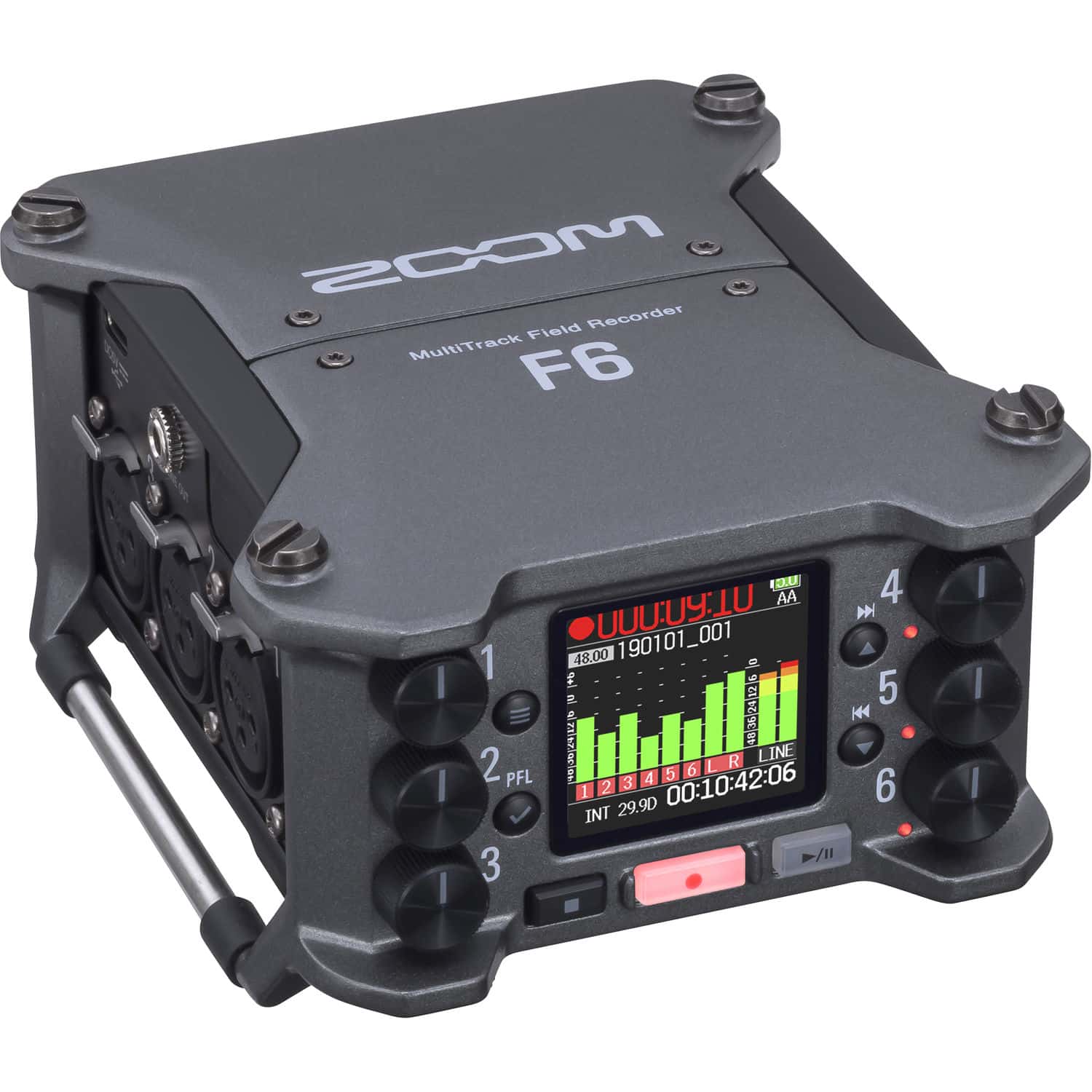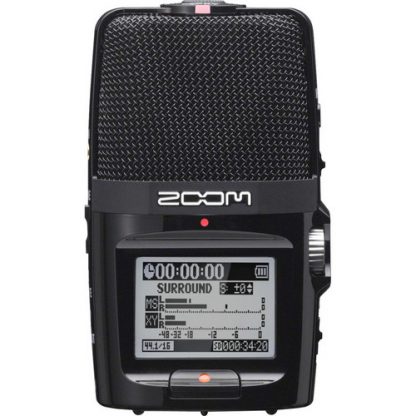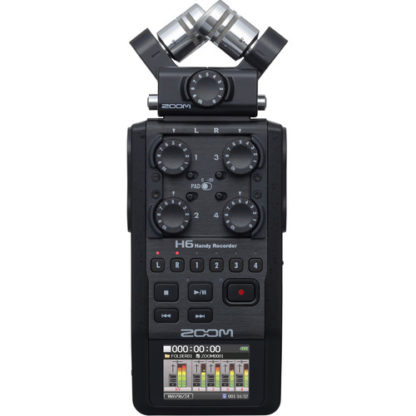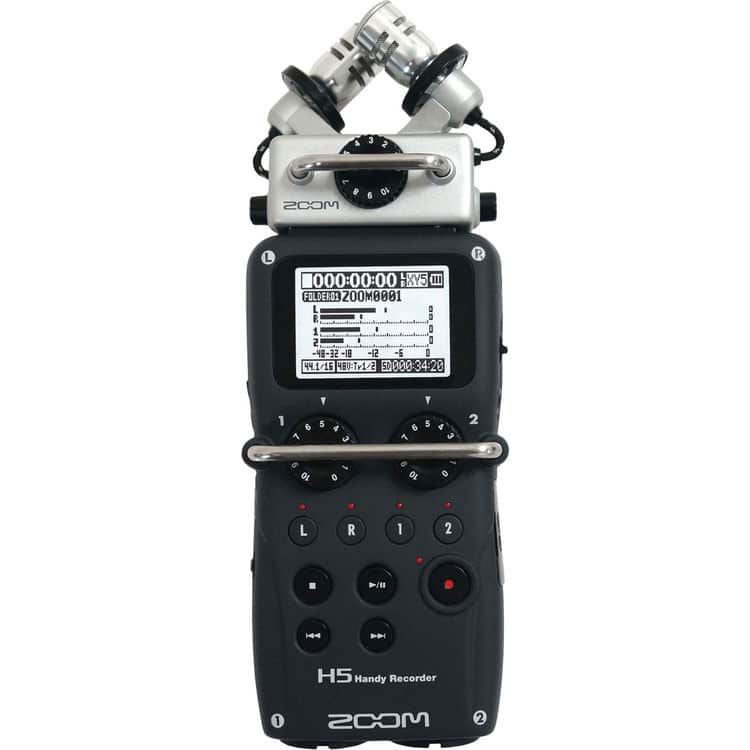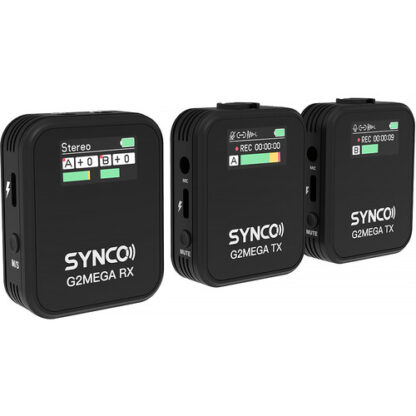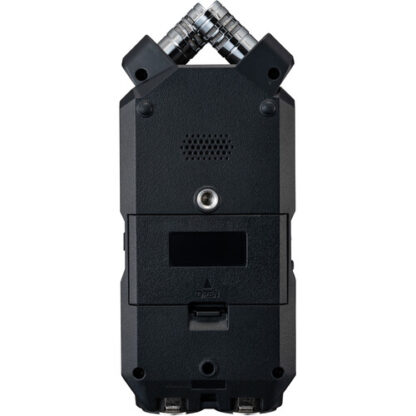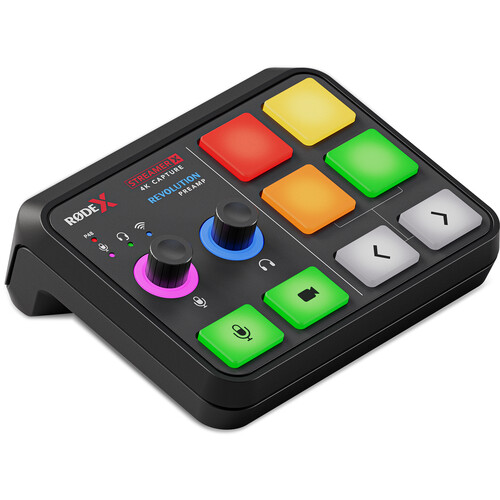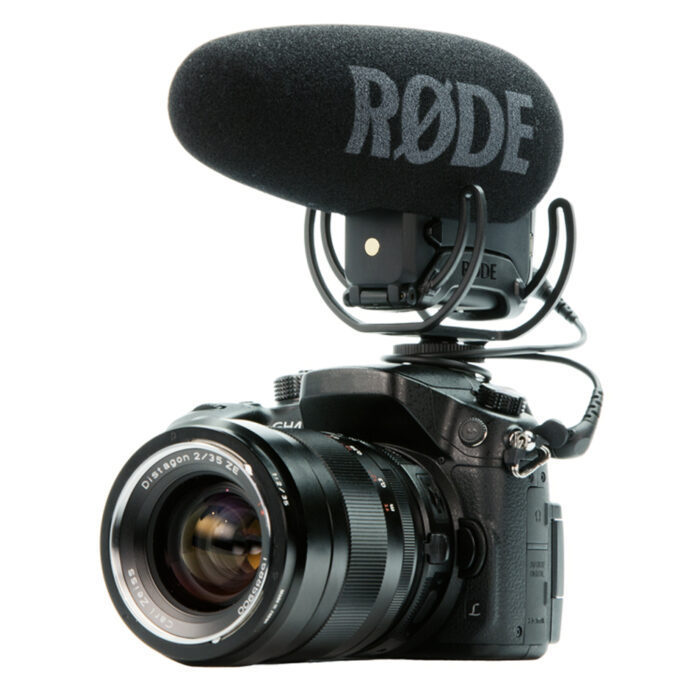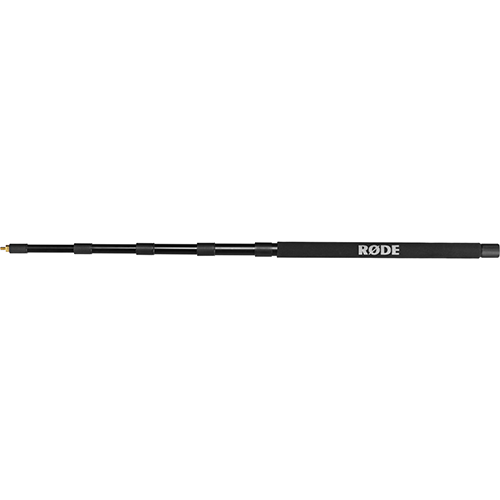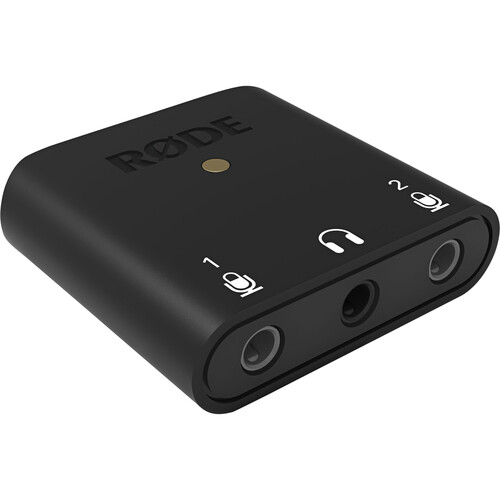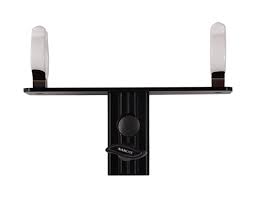Introduction to Recorders
Recorders have become essential tools for various fields, including music, journalism, education, and filmmaking. Whether you’re capturing audio or video, understanding the different types of recorders and their features can help you choose the right one for your needs.
Types of Recorders
Audio Recorders
Audio recorders are designed for capturing sound. They come in several formats:
Digital Audio Recorders: These devices offer high-quality recording and playback, often with features like built-in microphones and sound editing capabilities.
Portable Recorders: Ideal for on-the-go recording, portable models are compact and user-friendly, making them popular among journalists and podcasters.
Multitrack Recorders: Used primarily in music production, these allow multiple audio tracks to be recorded and mixed together.
Video Recorders
Video recorders capture moving images and sound. Key types include:
Camcorders: Designed specifically for video recording, camcorders often feature zoom lenses and stabilization technology.
Action Cameras: These compact, durable cameras are perfect for capturing adventures and sports, often featuring waterproof designs.
DSLRs and Mirrorless Cameras: Increasingly used for video, these cameras offer high-quality video capabilities along with excellent image quality.
Common Features to Consider
When selecting a recorder, consider the following features:
- Recording Quality: Look for high-resolution formats for better sound or video clarity.
- Storage Capacity: Ensure the recorder can accommodate your recording needs, especially for longer sessions.
- Battery Life: Check how long the device can record on a single charge to avoid interruptions.
- Tips for Using Recorders
- Test Before Use: Always do a test recording to check audio and video quality.
- Use Quality Accessories: Invest in good microphones and lenses to enhance recording quality.
- Organize Files: Keep your recordings well-organized for easy access during editing or playback.
Conclusion
Recorders are invaluable tools for capturing audio and video across various applications. By understanding the different types and features, you can select the right device to suit your needs. Whether for professional use or personal projects, a good recorder will ensure that your recordings are high quality and reliable.
Recorders
Recorders have become essential tools in various fields, including music, education, business, and personal use. Whether you're a musician looking to capture your sound, a student taking notes, or a professional needing to document meetings, understanding the different types of recorders and their features is crucial. In this guide, we’ll explore the various types of recorders, their uses, and tips for selecting the right one for your needs.
Types of Recorders
Recorders come in several varieties, each designed for specific purposes. Here’s a breakdown of the most common types:
1. Digital Voice Recorders
Digital voice recorders are portable devices designed for capturing audio. They are widely used by journalists, students, and professionals for recording interviews, lectures, and meetings. Key features to consider include:
- Storage Capacity: Look for recorders with ample memory, often expandable with microSD cards.
- Audio Quality: Higher quality microphones can capture clearer sound.
- Battery Life: Long battery life is essential for extended recording sessions.
2. Audio Interfaces
For musicians and podcasters, audio interfaces allow for high-quality recording of instruments and vocals. They connect microphones and instruments to computers for digital recording. Important features include:
- Input Options: Check for multiple input channels for versatility.
- Sampling Rate: Higher sampling rates lead to better audio quality.
- Compatibility: Ensure the interface works with your preferred recording software.
3. Field Recorders
Field recorders are designed for capturing high-quality sound in various environments, often used in filmmaking and nature sound recording. Key considerations include:
- Durability: Look for weather-resistant designs if recording outdoors.
- Portability: Lightweight models are easier to carry on location.
- Battery Life: Long-lasting batteries are crucial for extended use.
4. Multitrack Recorders
Multitrack recorders allow users to record multiple audio sources simultaneously, making them ideal for bands and solo artists. Features to consider:
- Track Count: More tracks provide greater flexibility for mixing.
- Built-in Effects: Some models come with built-in effects and editing tools.
- User Interface: An intuitive interface can streamline the recording process.
5. Video Recorders
Video recorders, including camcorders and DSLR cameras, are equipped to capture both audio and video. Essential features include:
- Resolution: Higher resolution offers better image quality.
- Audio Inputs: Look for models with external mic inputs for enhanced audio.
- Stabilization: Optical or electronic stabilization can improve video quality.
- Choosing the Right Recorder
When selecting a recorder, consider the following factors to ensure you choose the right device for your needs:
1. Purpose of Use
Identify what you primarily need the recorder for—be it music production, note-taking, interviews, or video recording. This will guide you in selecting the appropriate type.
2. Budget
Recorders can vary widely in price. Set a budget that balances your needs with the features that matter most to you.
3. Portability
If you plan to record on the go, consider the size and weight of the recorder. Portable options are often more convenient for travel.
4. Ease of Use
Look for recorders with user-friendly interfaces, especially if you're new to recording technology. Clear displays and intuitive controls can enhance your experience.
5. Connectivity
Check for connectivity options like USB for transferring files to your computer, or Bluetooth for wireless operation. These features can enhance usability.
Tips for Effective Recording
To maximize the quality of your recordings, keep these tips in mind:
- Choose the Right Environment: Find a quiet space with minimal background noise for the best sound quality.
- Test Your Equipment: Before important recordings, test your device to ensure everything works properly.
- Use Quality Accessories: Invest in good-quality microphones and headphones to enhance your recording quality.
Conclusion
Recorders are versatile tools that can serve a wide range of needs, from music and education to business and personal use. By understanding the different types of recorders available and considering your specific requirements, you can choose the right device that fits your needs perfectly. With the right recorder in hand, you’ll be well-equipped to capture high-quality audio and video, making your projects and tasks more efficient and effective.

